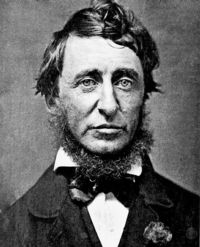Walden, or the life in the woods, and On The Duty Of Civil Disobedience
السعر الأصلي هو: EGP 550.00.EGP 260.00السعر الحالي هو: EGP 260.00.
- الوصف
- مراجعات (0)
الوصف
“Walden” is structured as a personal narrative, interspersed with philosophical reflections, observations of nature, and social commentary. Thoreau discusses his reasons for living in solitude, his interactions with nature, and his experiments in self-sufficiency. He advocates for a return to a more deliberate and mindful way of living, away from the distractions and materialism of modern society.
“On the Duty of Civil Disobedience” is an essay also written by Thoreau, which was first published in 1849. In this essay, Thoreau argues for the moral obligation of individuals to resist unjust laws and government actions through nonviolent protest and civil disobedience. Thoreau famously refused to pay his poll tax as a protest against the Mexican-American War and slavery, which led to his brief imprisonment. This experience inspired “Civil Disobedience.”
The essay discusses the individual’s responsibility to follow their conscience and principles, even if it means opposing the government. Thoreau emphasizes the importance of personal integrity and the need to prioritize one’s own moral convictions over obedience to unjust laws. “Civil Disobedience” has had a significant influence on political and social movements advocating for justice and equality, including Mahatma Gandhi’s nonviolent resistance movement in India and the civil rights movement in the United States led by figures like Martin Luther King Jr.


















المراجعات
لا توجد مراجعات بعد.